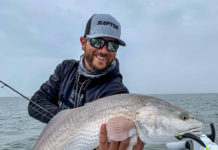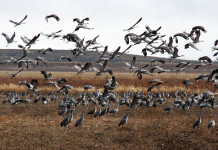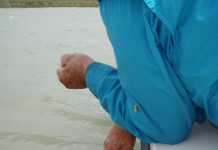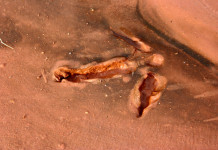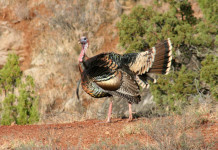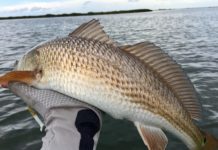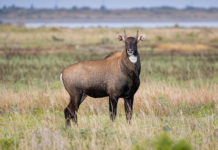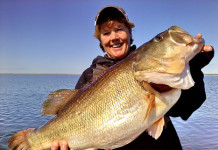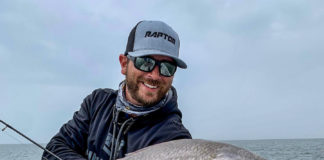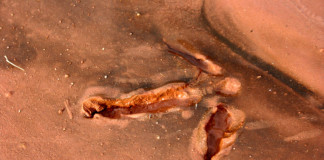Water, and more importantly water-quality issues, have never been more important in Texas, and state biologists are hoping that an assessment of South Texas and coastal locales provides insight into improving inflows and estuaries.
Texas Parks and Wildlife Department fisheries biologists began the two-year study of the Arroyo Colorado, a tidal stream connected to lower Laguna Madre, this year, thanks to a grant.
This effort is part of a larger coastwide study of tidal streams that has been under way for about a decade
“Specifically, we are working in conjunction with the existing Arroyo Colorado Watershed Partnership, as they update their watershed plan, with the goal of ultimately improving water quality for the Arroyo Colorado and Lower Laguna Madre,” said Janet Nelson, TPWD coastal biologist, in a news release.
Tidal streams are components of estuaries, a term for areas in which freshwater from rivers and saltwater from bays converge. Tidal streams are vital nursery grounds for many types of fish and shellfish.
“Tidal streams are complex ecosystems,” said Nelson, in the release. “We need to know more about threats to them that could undermine biodiversity in general and our sport and commercial fisheries in particular. We have been studying tidal streams in Texas for over 10 years, and we now have a better understanding of what drives changes in these systems.”
During times of abundant rainfall, freshwater fish such as gar, carp, and blue catfish are abundant in the tidal stream, whereas during a drought many marine species, such as redfish and speckled trout can be found in these same areas. Other factors that affect habitat and water quality include water movement, freshwater inflow, subsidence, land use and wastewater discharges, according to the release.
Biologists will sample fish, crabs and shrimp, and water quality in the Arroyo during spring, summer and fall. Habitat in the Arroyo and on its banks will be recorded at the beginning of this study. The land use for the surrounding area also will be analyzed. When the fieldwork is completed in November 2015, biologists will analyze the data and report on the ecological health of the Arroyo Colorado.
Other agencies participating in the study include the Lower Colorado River Authority and Texas A&M University-Corpus Christi.


